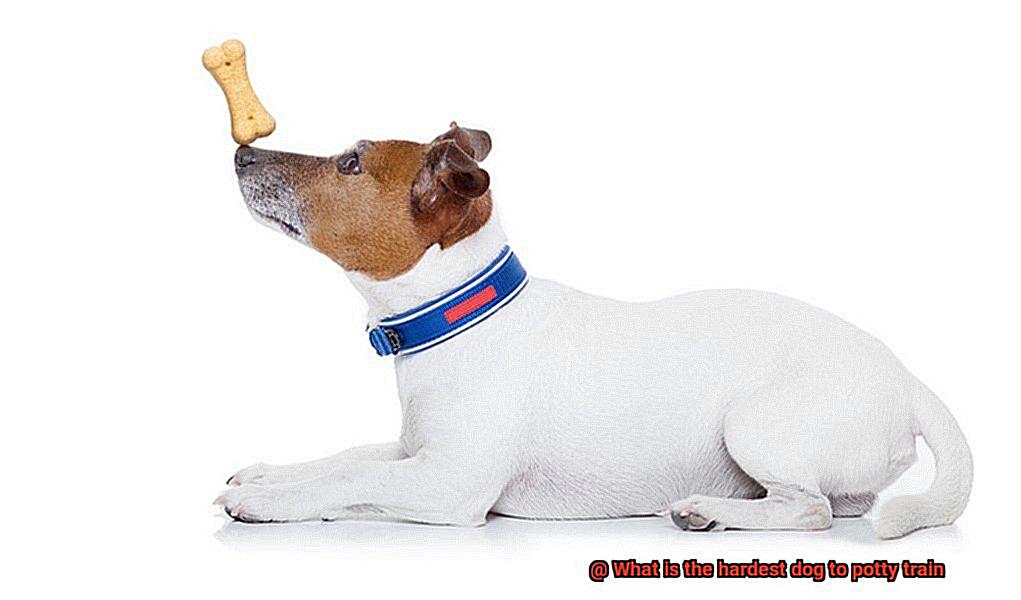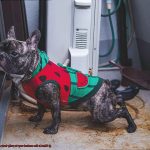What is the hardest dog to potty train?
Potty training a new furry friend can be an adventure filled with excitement and frustration. Some dogs catch on quickly, while others put your patience to the test. As they say, “Different strokes for different folks,” and the same goes for our four-legged pals.
In this blog post, we dive into the world of potty training and focus specifically on those breeds that present unique challenges. From stubborn attitudes to independent spirits, certain dog breeds can make achieving a spotless home feel like an uphill battle.
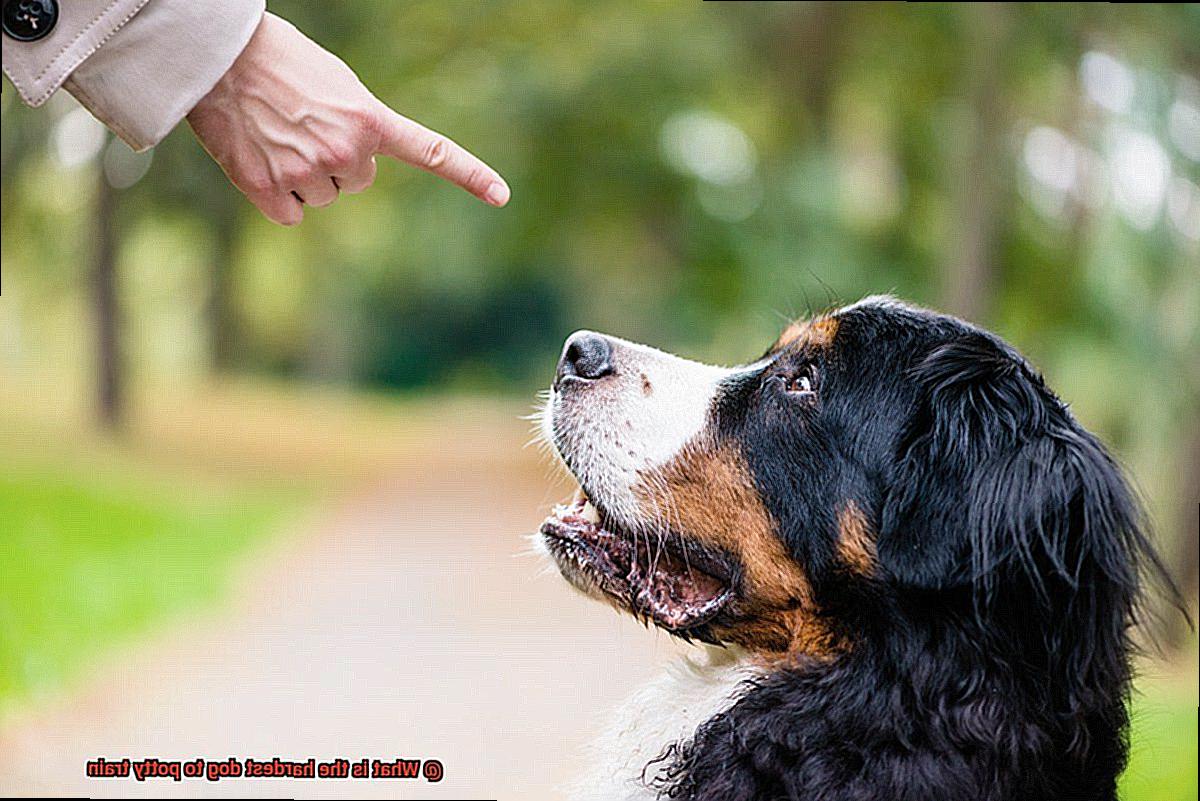
Understanding what makes potty training difficult for different breeds will help new dog owners prepare better and establish effective training routines. So, let’s explore these breeds and unravel the complexities involved in their potty training journeys.
Dachshund:
These adorable wiener dogs may have elongated bodies, but they also have a reputation for being stubborn. This stubbornness often extends to their potty training efforts. Housebreaking a Dachshund requires patience, consistency, and plenty of positive reinforcement to conquer their strong-willed and independent nature.
Bichon Frise:
Don’t be fooled by their cuddly appearance – Bichon Frises can pose quite the challenge when it comes to potty training. These fluffy companions are known for their high intelligence, which sometimes translates into stubbornness during training sessions. Establishing a consistent routine, using positive reinforcement techniques, and providing ample bathroom breaks are key to successfully potty training a Bichon Frise.
Basenji:
Known as the “barkless dog,” Basenjis bring a unique set of characteristics that make potty training more of an uphill battle. Their independent and aloof nature means they’re not always motivated by pleasing their owners like some other breeds are. Consistency, praise, and loads of patience are crucial when attempting to potty train these intelligent yet self-reliant canines.
Bulldog:
Bulldogs are undeniably lovable and gentle, but their strong-willed nature can make potty training quite the challenge. These dogs may take longer to grasp the concept of potty training and require extra time and effort from their owners. Establishing a consistent routine, using positive reinforcement, and being persistent will help you conquer this hurdle.
In conclusion, potty training difficult dogs requires a mix of patience, consistency, and positive reinforcement. While some breeds may
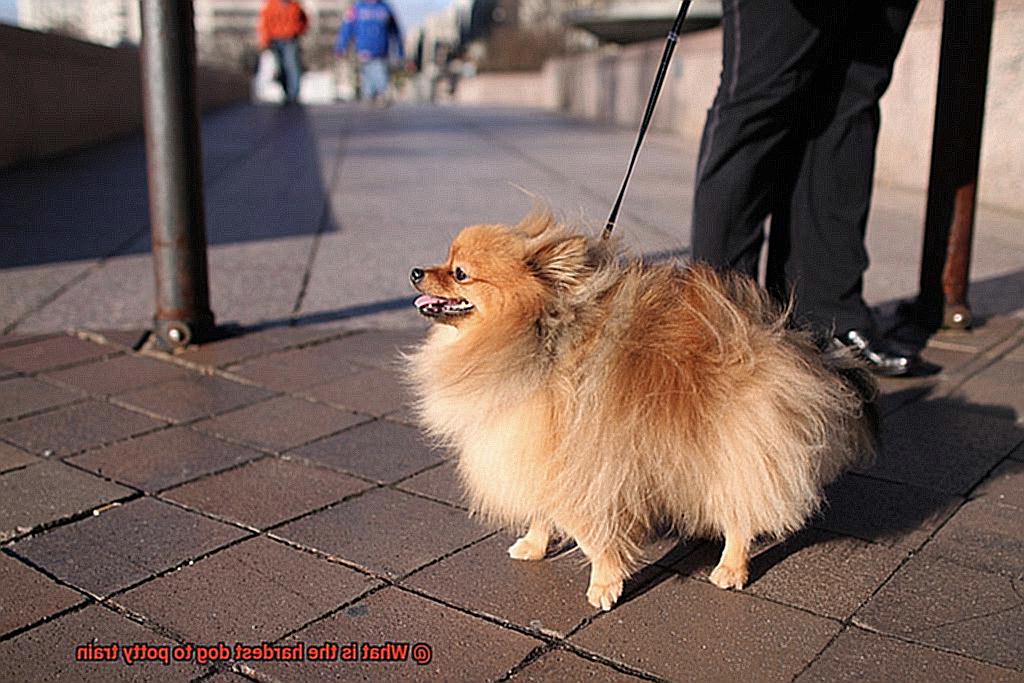
What Makes Potty Training Difficult?
Contents
From stubborn nature to health issues, understanding what makes potty training difficult is key to overcoming these obstacles. In this article, we will delve into the reasons why potty training can be a struggle and provide helpful tips to conquer these difficulties.
Stubborn Streak:
Some dogs, like French Bulldogs, are notorious for their stubborn nature. This independent streak can make it challenging to establish consistent habits and expectations. Patience and persistence are essential when potty training these lovable but headstrong pups. Stay consistent with your training methods, offer positive reinforcement, and be prepared for occasional resistance.
Bladder Battles:
Small bladders can pose a significant hurdle in potty training. Breeds like French Bulldogs have relatively tiny bladders, causing them to need more frequent bathroom breaks. Holding their urine for extended periods becomes challenging, leading to more accidents. Combat this by taking your pup outside more frequently, especially after meals or naps. Establishing a regular schedule helps them understand when it’s time to go.
Health Hindrances:
Underlying health issues can contribute to potty training difficulties. Conditions like urinary tract infections or bladder control problems make it harder for dogs to control their elimination. If you suspect a medical issue, consult your veterinarian for appropriate guidance and treatment options.
Environmental Enigmas:
Living in an apartment or a house without easy access to a designated potty area can confuse dogs about where they should go. Create a designated indoor potty area, such as a puppy pad or artificial grass, to provide a consistent and accessible spot for your pup to eliminate. Gradually transition them to outdoor training once they become comfortable with the concept.
Dachshunds: Stubborn and Independent
Potty training a Dachshund can feel like an uphill battle due to their stubborn and independent nature. These adorable little pups may put up a fight when it comes to following commands or sticking to a consistent routine. However, armed with patience, consistency, and expert tips, you can conquer the potty training challenge and establish good bathroom habits for your Dachshund’s lifetime.
Understanding the Challenges:
Dachshunds have an unwavering sense of territory, which means they may be tempted to mark their indoor spaces. It’s crucial to establish clear boundaries from the start and teach them where they should do their business. Additionally, their small size and low-to-the-ground stature make it easier for them to have accidents unnoticed, emphasizing the need for constant supervision during the training process.
Consistency is Key:
Consistency is the secret weapon when it comes to potty training Dachshunds. These furry friends thrive on routine and predictability. To regulate their bathroom habits, establish a regular feeding schedule that aligns with their potty breaks. Take them out to their designated potty area at regular intervals throughout the day, especially after meals or naps.
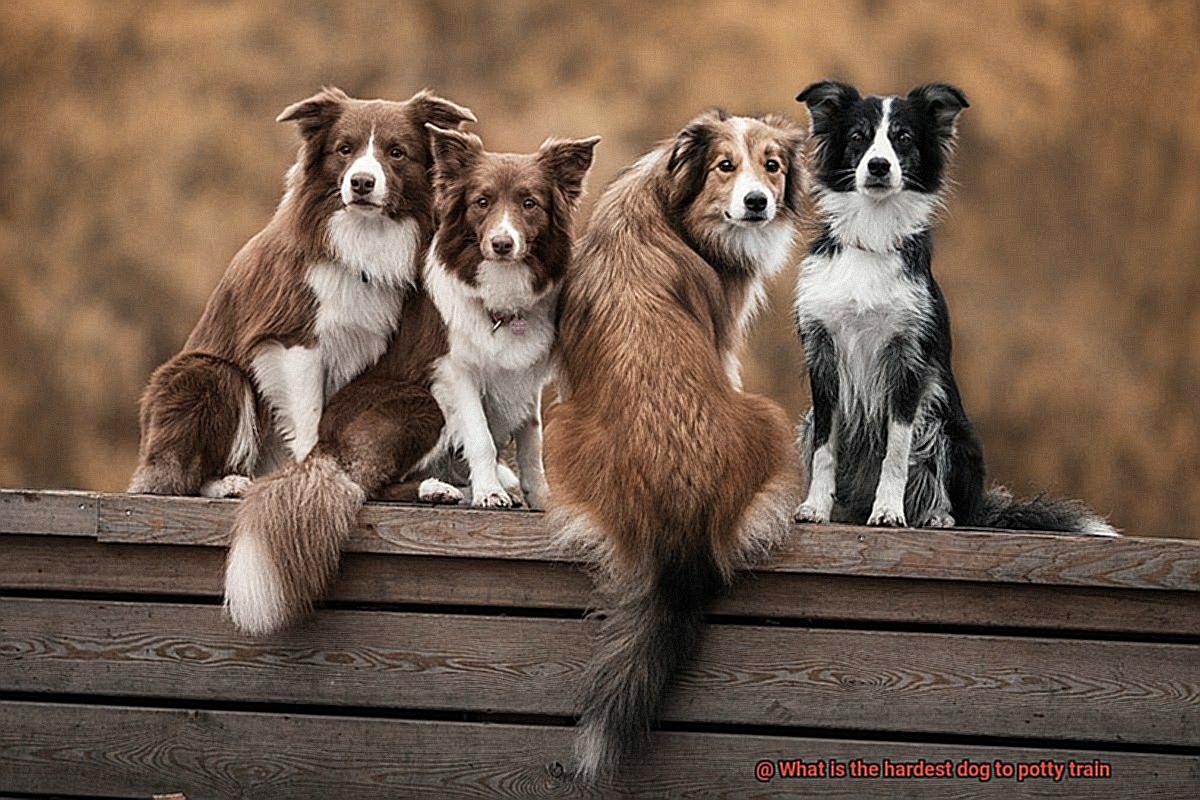
Positive Reinforcement:
Dachshunds respond best to positive reinforcement. Showering them with treats, praise, or playtime when they exhibit good bathroom behavior will motivate them to continue their streak. Avoid scolding or punishment for accidents, as this can create fear or anxiety around potty training.
Crate Training:
Crate training can be a valuable tool in potty training Dachshunds. It helps establish a routine and keeps them confined when unsupervised, preventing accidents inside the house. Make sure the crate is appropriately sized, comfortable, and inviting for your furry friend.
Seek Professional Guidance:
If you’re struggling with potty training your Dachshund, don’t hesitate to seek help from a professional obedience trainer or consult a dog trainer experienced with Dachshunds. These experts can provide invaluable insights and techniques tailored to your dog’s specific needs.
Bichon Frises: Friendly but Stubborn
These friendly and adorable furballs can be quite stubborn when it comes to bathroom habits. However, with a little patience and some helpful tips, you can conquer this challenge and have your Bichon Frise potty trained in no time.
Understanding Their Nature:
- Bichon Frises are known for their friendly and affectionate nature, but their stubborn streak can make potty training a bit more challenging.
- They have a small bladder capacity, requiring frequent bathroom breaks.
- They can easily get distracted, so finding ways to grab their attention during potty training is crucial.
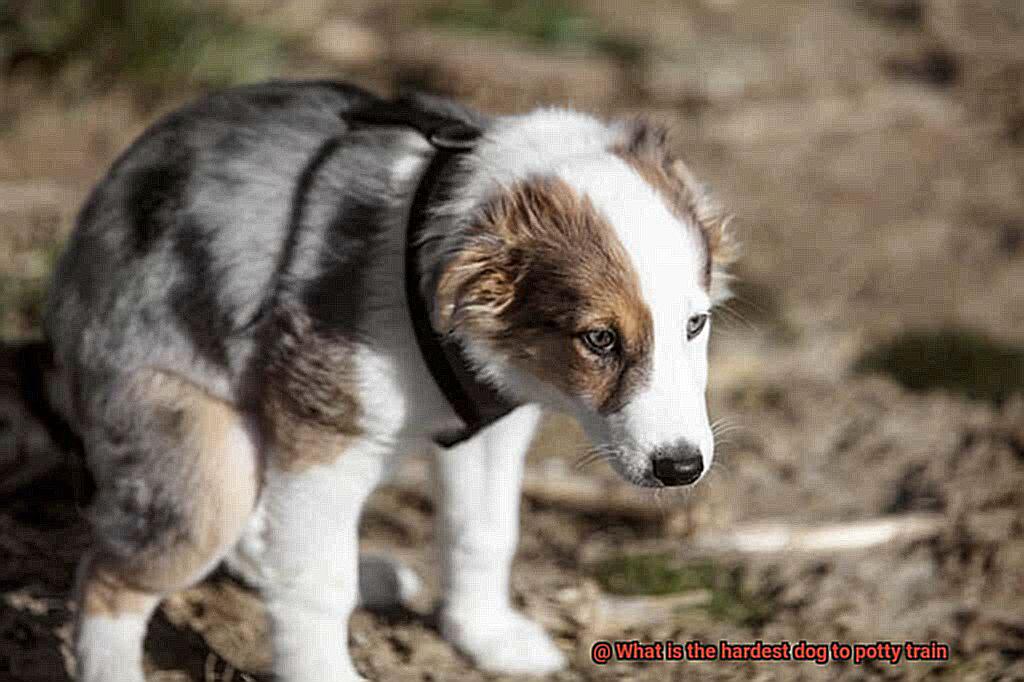
Establishing a Routine:
- Consistency is key when potty training any dog, especially a Bichon Frise.
- Establish a routine to help them understand when and where they should go to the bathroom.
- Take them outside at regular intervals throughout the day and use specific cues like “go potty” or “do your business” to reinforce the desired behavior.
Crate Training:
- Crate training can work wonders for Bichon Frises during potty training.
- It helps them develop bladder control and prevents accidents inside the house.
- Use positive reinforcement by giving treats or praise when they use the bathroom outside instead of inside their crate.
Positive Reinforcement:
- Bichon Frises respond best to positive reinforcement techniques.
- Praise and reward them when they go to the bathroom in the designated area outside. Use treats, toys, or verbal affirmations.
- This will motivate them to repeat the behavior.
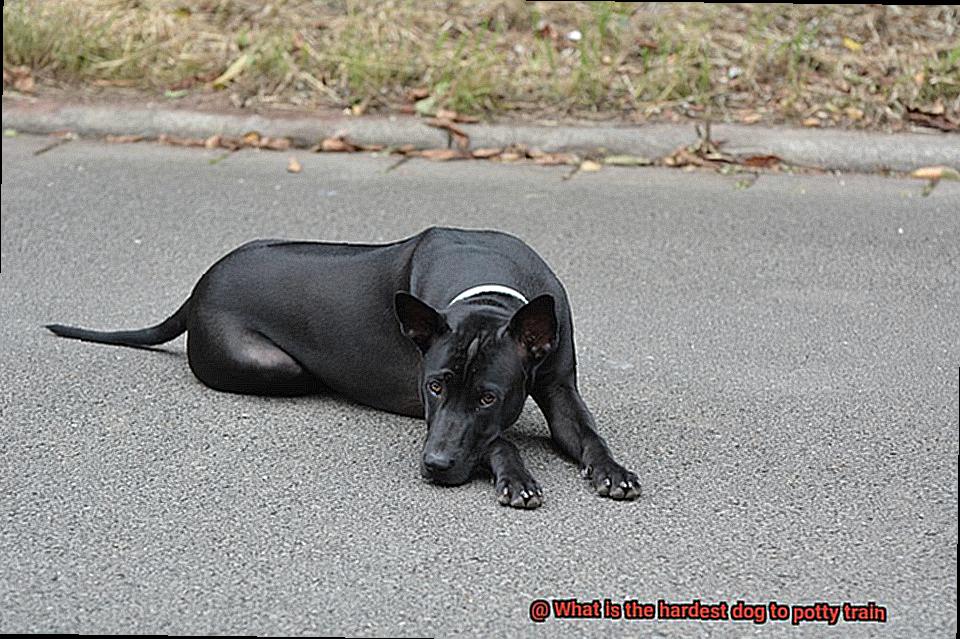
Patience is Key:
- Potty training a Bichon Frise may take time due to their independent streak.
- Stay positive and keep working with your furry friend.
- Remember, accidents will happen, but don’t get discouraged.
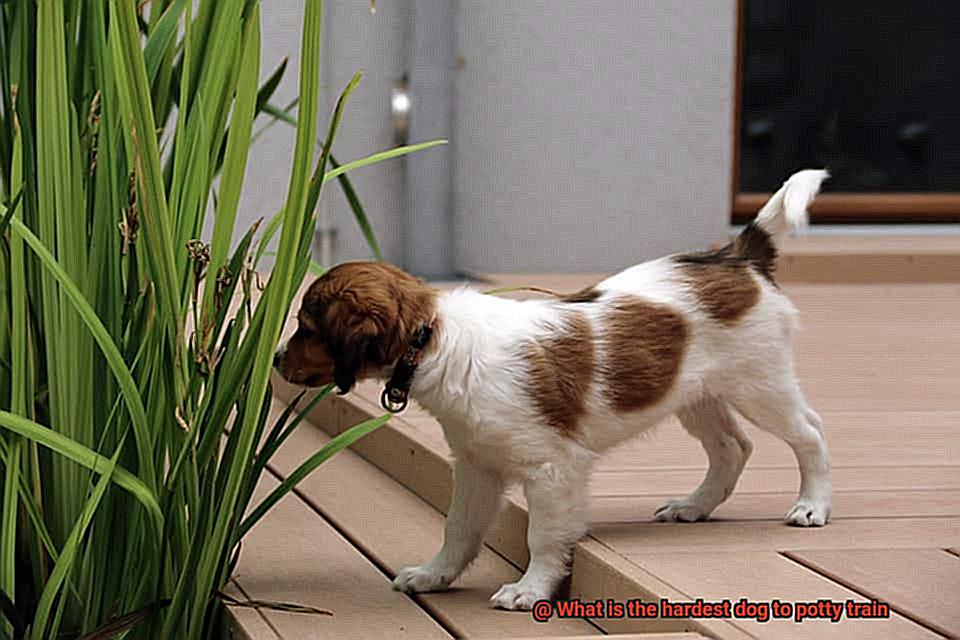
Seek Professional Help:
- If you’re still struggling, don’t hesitate to seek professional help.
- A trainer experienced in dealing with stubborn breeds can provide guidance and support.
Large Breeds: Hard to Control
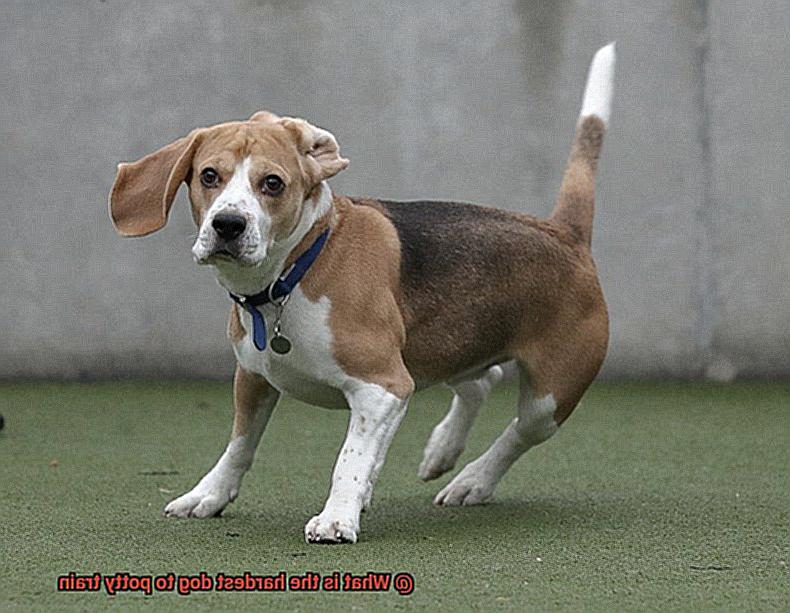
When it comes to training our furry friends, we all know that large breeds can present a unique set of challenges. From their impressive size to their independent spirits, controlling these majestic canines requires a special approach. In this guide, we will explore the reasons why large breeds can be hard to control and provide practical tips for success.
Bladder Capacity:
One major obstacle in training large breeds is their robust bladder capacity. These dogs possess larger bladders, enabling them to hold their urine for longer periods. While this sounds like an advantage, it can complicate potty training efforts. Establishing a consistent potty schedule and offering frequent opportunities for outdoor bathroom breaks are essential strategies to conquer this hurdle successfully.
Physical Strength:
Do not be deceived by their gentle demeanor; large breeds possess immense physical strength that can challenge even the most seasoned trainers. Their muscular build and impressive power make them formidable opponents during the training process. However, by utilizing positive reinforcement techniques, we can transform their strength into a valuable asset. Patience, consistency, treats, and praise are key tools to motivate and reinforce desired behaviors.
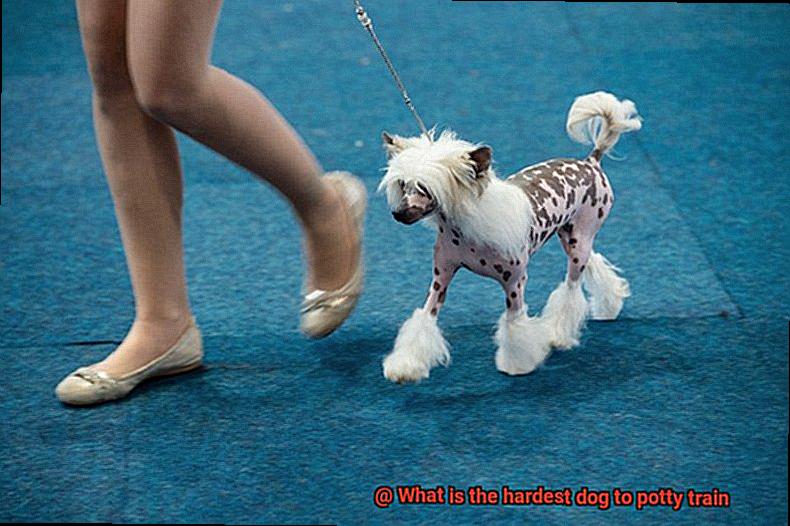
Messy Accidents:
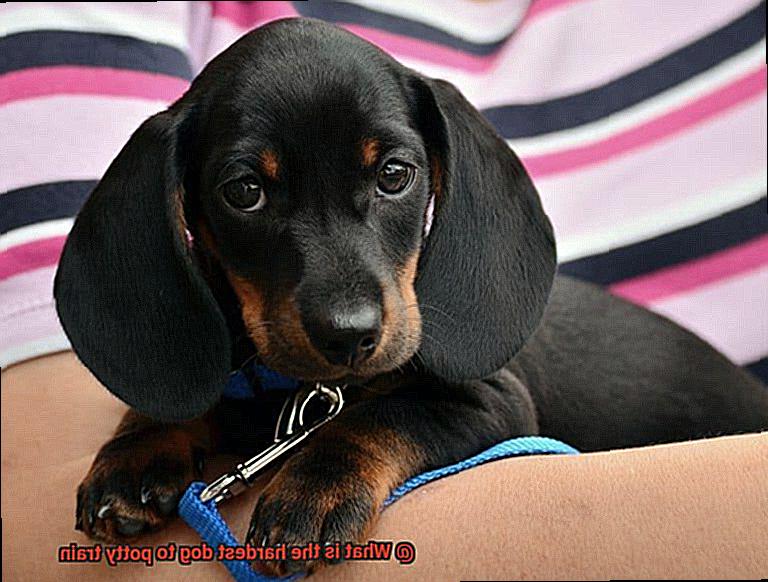
There is no denying that accidents happen, especially with large breeds. Cleaning up after these majestic creatures can be a daunting task. Nevertheless, armed with the right cleaning supplies and a determined mindset, you can conquer any mess they may leave behind. Stay calm and employ gentle yet firm redirection techniques to guide them towards their designated potty area.
Stubborn Nature:
The independent streak inherent in large breeds can pose additional challenges during training sessions. These dogs often have minds of their own and may be less inclined to comply with training efforts. To overcome this stubbornness, perseverance is crucial. Utilize positive reinforcement techniques to encourage desired behaviors and shower them with praise and rewards when they get it right.
Tips for Success:
- Establish a regular potty schedule: Consistency is the cornerstone of successful training, so set specific times for bathroom breaks throughout the day.
- Provide plenty of outdoor bathroom breaks: Large breeds need ample opportunities to relieve themselves outside.
- Utilize positive reinforcement: Reward your pup with treats, praise, and affection when they potty in the correct area.
- Supervise closely: Keep a watchful eye on your furry companion to prevent accidents and redirect them to the designated potty spot if necessary.
- Cultivate patience and persistence: Potty training takes time, especially with larger breeds. Do not be discouraged by setbacks; instead, stay consistent and positive, knowing that success is within reach.
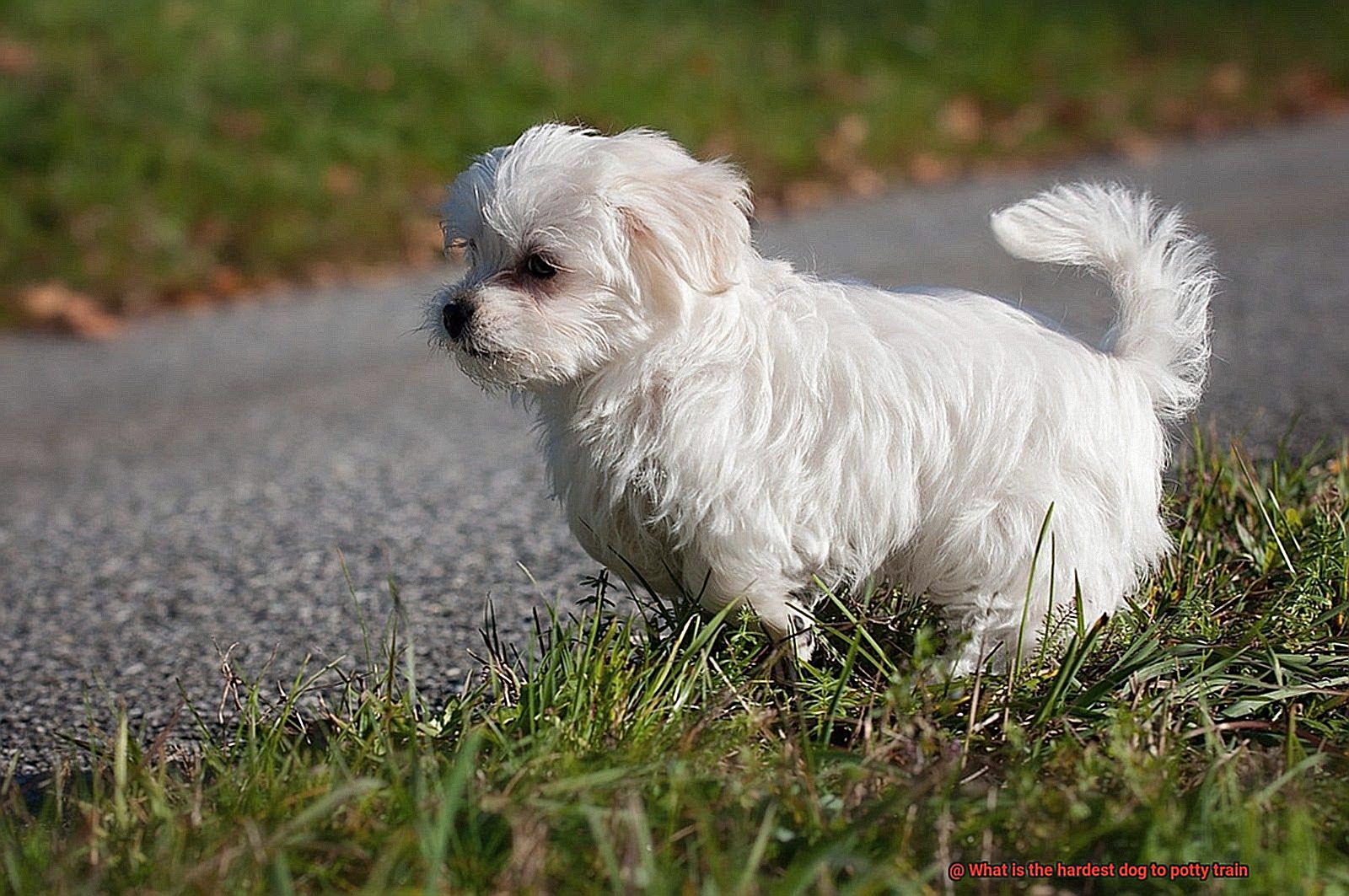
High-Energy Small Breeds: Easily Distracted
However, with a little understanding and the right approach, you can overcome this hurdle and help your furry friend become a potty-trained superstar.
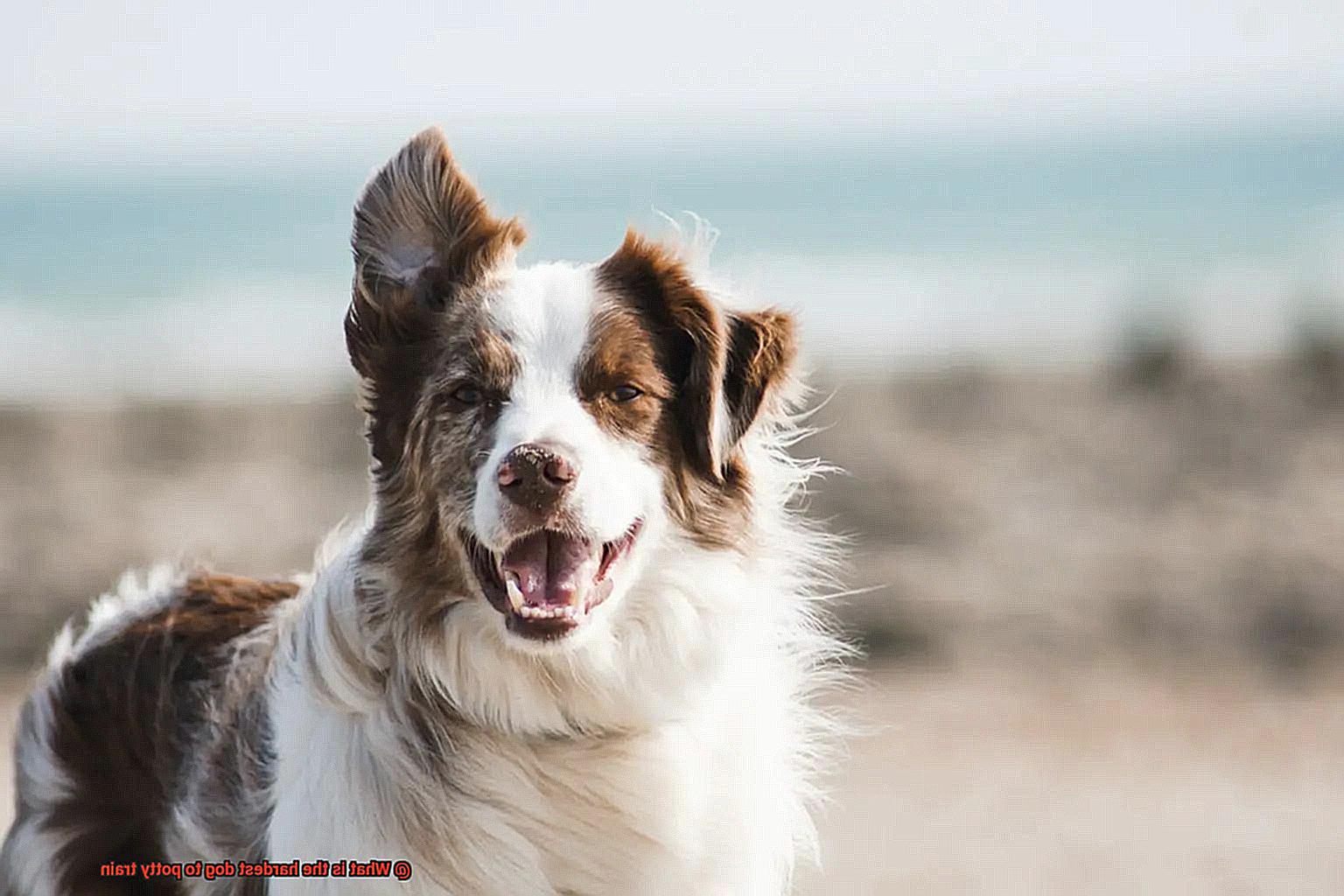
Why Are They Easily Distracted?
- Constant Motion: High-energy small breeds have an undeniable zest for life. They’re always on the move, making it difficult for them to stay still long enough to learn where to go potty.
- Curious Nature: These breeds are like little detectives, exploring every nook and cranny with their sniffers on high alert. The sights, sounds, and smells in their environment easily divert their attention away from their potty training routine.
Tips for Successful Potty Training:
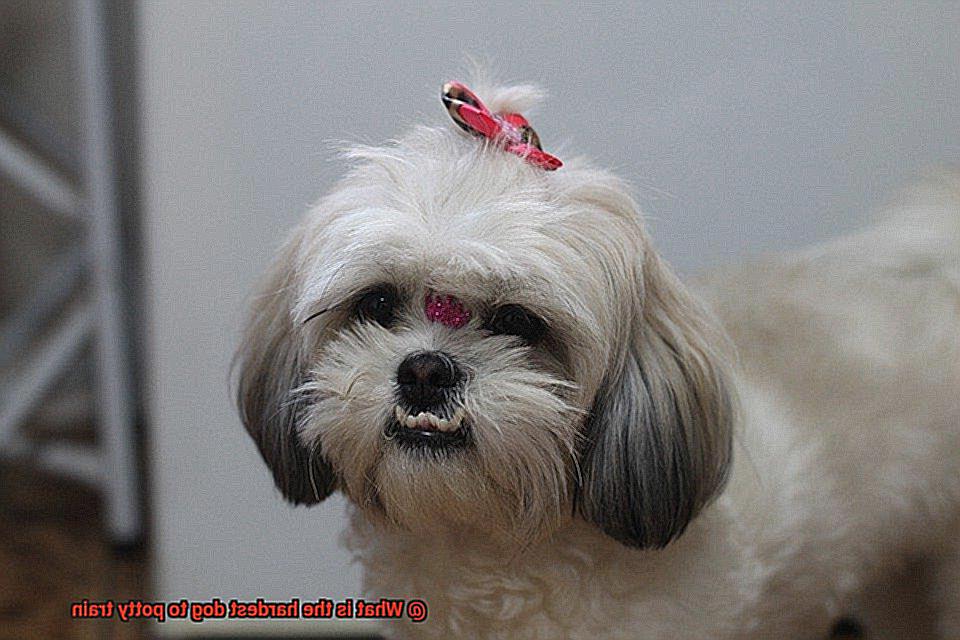
- Establish a Routine: Consistency is key when it comes to potty training high-energy small breeds. Set specific times for bathroom breaks and stick to them. By doing so, you’ll help these easily distracted pups understand when and where they should do their business.
- Positive Reinforcement: Praise and rewards can work wonders in motivating your high-energy small breed to learn and follow the potty training rules. Celebrate their successes with treats or affection to reinforce the desired behavior.
- Mental and Physical Stimulation: These energetic pups need an outlet for their boundless energy. Engage them in activities like obedience training, interactive play sessions, and puzzle toys. A tired dog is a focused dog during potty training sessions.
- Crate Training: Create a cozy den-like space for your furry friend. This not only provides a safe and comfortable area for them but also helps minimize distractions during potty breaks. Dogs instinctively avoid soiling their living spaces, making crate training an effective tool.
Every Dog is Unique
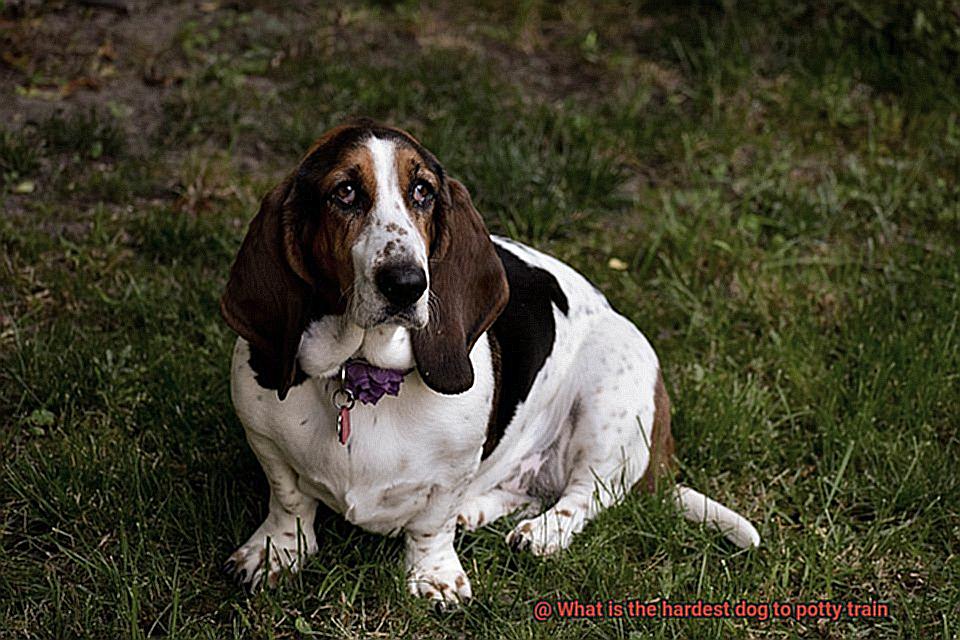
Today, let’s embark on a captivating journey into the world of canine individuality. It is an undeniable truth that every dog is as unique as a fingerprint, possessing their own distinct personality, quirks, and talents.
From the mighty Great Danes to the sassy Chihuahuas, each furry companion brings a different charm to our lives. So, let’s delve into the enchanting reasons why embracing their uniqueness is crucial in understanding and appreciating our beloved canine friends.
Personalities That Steal Hearts:
Just like humans, dogs have personalities that set them apart from one another. Some canines may have an adventurous spirit, always ready for an outdoor escapade, while others prefer the cozy comfort of their home. Understanding and accepting these individual differences will foster a deeper connection between you and your furry friend.
Physical Attributes That Make Them One of a Kind:
From their majestic coats to their mesmerizing eyes, dogs possess physical attributes that make them truly unique. Each breed showcases distinctive features and characteristics that add to their charm. Whether it’s the elegant grace of a Greyhound or the adorable wrinkles of a Bulldog, appreciating these physical traits enhances our understanding of their individuality.
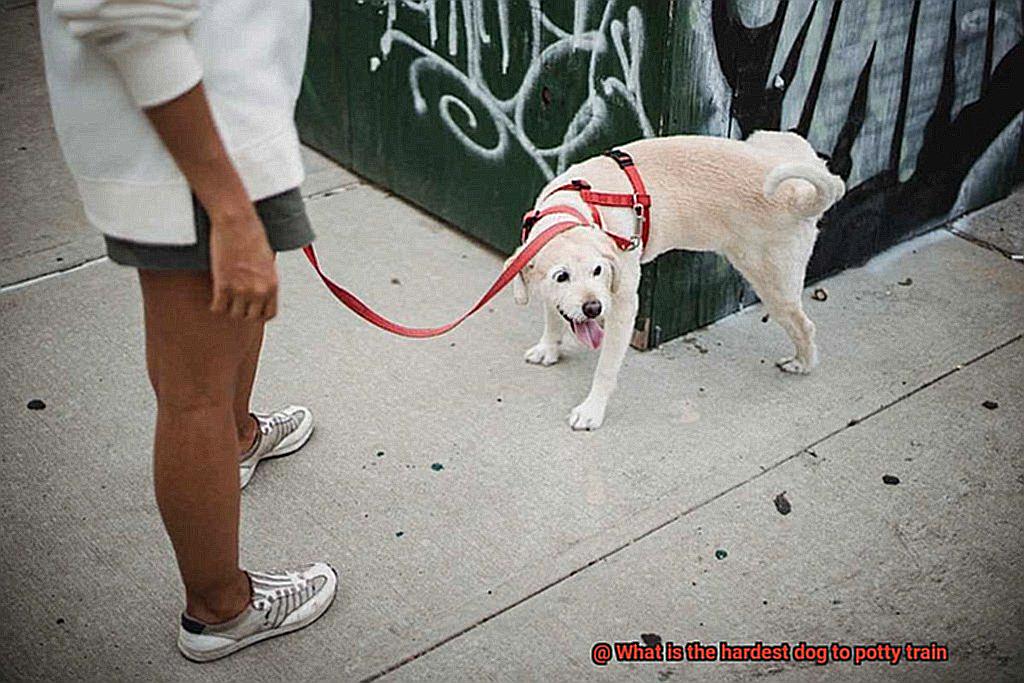
Talents and Abilities That Set Them Apart:
Just like humans, dogs have talents and abilities that make them shine in their own way. Some may excel in agility courses, showcasing incredible speed and precision, while others may impress with their obedience skills or natural herding instincts. Recognizing and nurturing these talents allows our canine companions to thrive and fulfill their potential.
Health and Genetic Factors:
Another aspect that contributes to a dog’s uniqueness lies in their health and genetic makeup. Certain breeds may be more prone to specific health conditions or exhibit distinct behavior patterns due to their genetic predispositions. Being aware of these factors helps us provide the necessary care and support that our furry friends require.
Emotional Bonds That Shape Their Behavior:
The emotional bonds we form with our dogs play a significant role in shaping their behavior. Each dog responds differently to love, affection, and training methods. Understanding their unique emotional needs enables us to build strong and trusting relationships, leading to better communication and cooperation.
Keys to Successful Potty Training
Today, we embark on an adventure into the realm of potty training our beloved French Bulldogs. We all know that teaching our furry companions where to do their business can be a daunting task, but fret not.
By incorporating these three essential elements into your training routine, you will set yourself up for potty training success.
Key 1: Consistency is Crucial
Consistency serves as the bedrock of any successful potty training regimen. Establishing a routine is paramount in helping your French Bulldog understand when and where they should relieve themselves. Take them outside at regular intervals throughout the day, such as after meals, playtime, and naptime. By using the same door consistently, you create a clear association in their minds.
Key 2: Positive Reinforcement for a Job Well Done
Positive reinforcement is a powerful tool in any training endeavor. When your French Bulldog successfully goes potty in their designated area, shower them with praise and rewards. Celebrate their achievement with enthusiasm and offer treats or their favorite toy as a reward. This positive reinforcement helps solidify the desired behavior, increasing the likelihood of them repeating it in the future.
Key 3: Close Supervision for Accident Prevention
Keeping a watchful eye on your French Bulldog during the potty training process is paramount. Maintain close supervision, especially when they are indoors. Look out for signs that they need to go potty, such as sniffing around or circling.
The moment you notice these cues, swiftly escort them outside to their designated spot. By closely monitoring your pup, you can prevent accidents from occurring indoors and redirect them to the appropriate place.
a2qKQPECDCw” >
Conclusion
In conclusion, potty training can be a daunting task, especially when faced with certain dog breeds that present their own set of unique challenges. Overcoming these hurdles successfully requires a deep understanding of the specific difficulties these breeds bring.
Dachshunds, with their stubborn and independent nature, demand unwavering patience and consistency in the realm of potty training. Setting clear boundaries and employing positive reinforcement techniques are essential ingredients for triumph.
Bichon Frises, despite their irresistibly cuddly appearance, can prove to be quite obstinate during the potty training process due to their exceptional intelligence. Consistency, positive reinforcement, and frequent bathroom breaks are indispensable tools for effectively training these fluffy companions.
Basenjis, famously known as the “barkless dogs,” possess an independent and aloof disposition that adds an extra layer of challenge to potty training. To conquer this hurdle, one must embrace consistency, offer abundant praise, and exercise utmost patience when working with these intelligent yet self-reliant canines.
Bulldogs may require more time to grasp the concept of potty training owing to their strong-willed nature. Taming this challenge necessitates establishing an unwavering routine, implementing positive reinforcement techniques consistently, and persisting through any setbacks that may arise.
Ultimately, conquering the task of potty training difficult dogs demands a delicate balance of patience, consistency, and positive reinforcement.
While each breed presents its own unique obstacles to overcome, armed with the right approach and a comprehensive understanding of their individual traits, successful potty training is well within reach.
